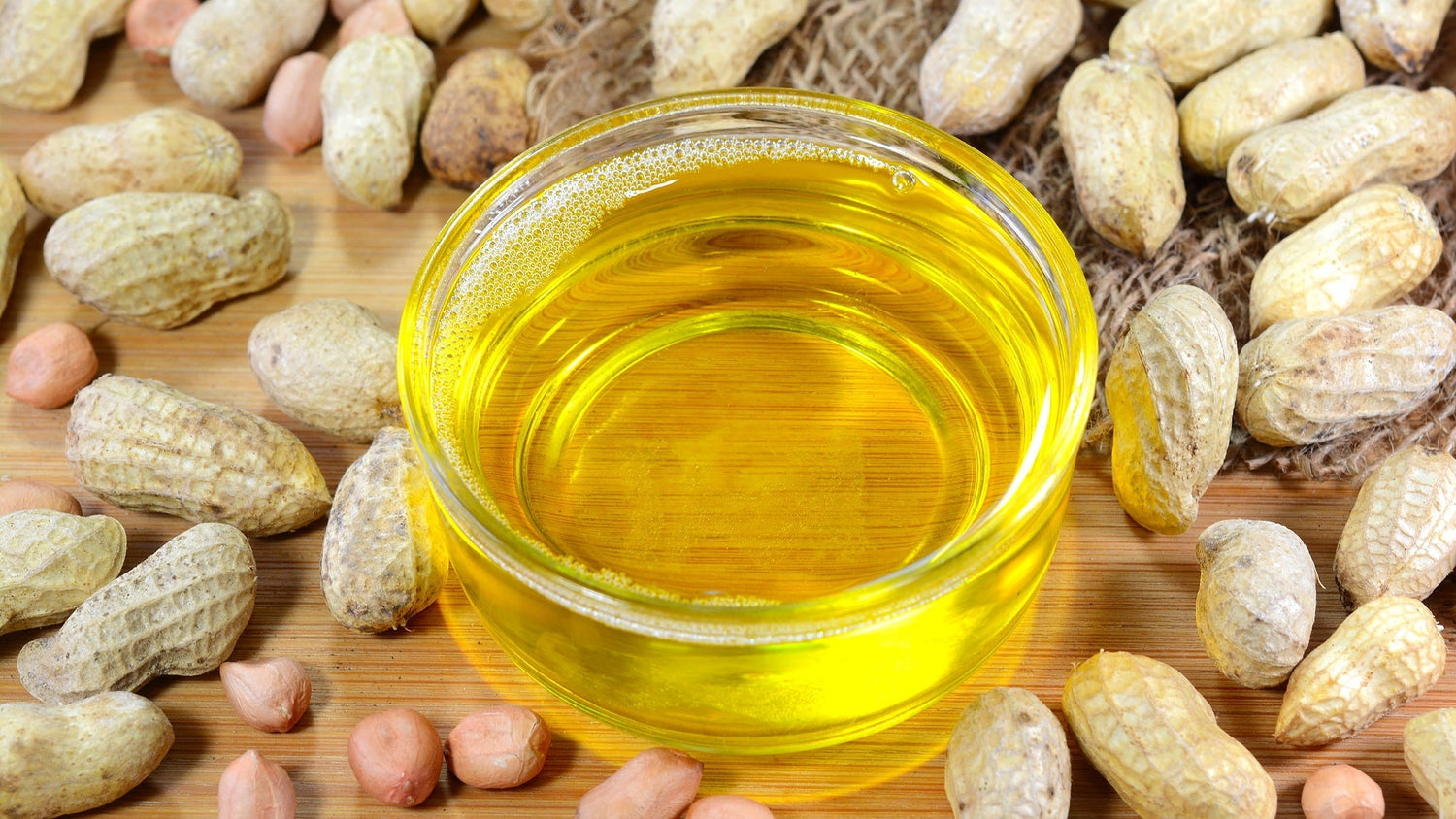Palm oil is a common ingredient found in a wide range of food products today. However, have you ever stopped to ask yourself, why is palm oil bad for you? The answer might surprise you. Laden with health risks and detrimental environmental impacts, palm oil is more harmful than you may have imagined.
Let's look into the necessary precautions, alarming statistics, and expert opinions surrounding the widespread use of this controversial oil. Keep reading to uncover startling facts and valuable insights that might make you rethink your grocery choices.

Understanding Palm Oil: What Is It and Where Does It Come From?
Palm oil is extracted from the fruit of the oil palm tree (Elaeis guineensis). It is highly prized for its versatile properties, making it a staple in both food and cosmetic industries. Despite its widespread usage, it's crucial to understand why palm oil is bad for you, from both health and environmental standpoints.
Health Risks Associated with Palm Oil
One primary reason why palm oil is considered harmful to your health is its high saturated fat content. High consumption of saturated fats is linked to several health issues, including:
- Heart Disease: Consuming palm oil can elevate cholesterol levels, increasing the risk of heart disease.
- Weight Gain: Its high-fat content can contribute to obesity.
- Type 2 Diabetes: Poor dietary choices that include palm oil can exacerbate insulin resistance.
- Inflammation: Trans fats in processed palm oil can cause inflammation, leading to chronic illnesses.

Environmental Impact: The Dark Side of Palm Oil Production
Environmentalists and scientists around the world have raised concerns about the catastrophic effects of palm oil cultivation. Here's why:
- Deforestation: Large stretches of tropical rainforests are cleared to create space for palm oil plantations.
- Loss of Biodiversity: The destruction of natural habitats endangers species such as orangutans and tigers.
- Climate Change: Deforestation and peatland drainage contribute significantly to greenhouse gas emissions.
- Water Pollution: Pesticides and fertilizers used in palm oil cultivation contaminate water bodies, affecting aquatic life.

Economic and Social Consequences
While palm oil production can drive economic growth, it often comes with a high social cost. Issues such as poor working conditions, exploitation, and land grabbing are prevalent in many palm oil-producing countries.
What Can You Do?
Given the adverse effects of palm oil, conscious consumerism is more critical than ever. Here are some actionable steps you can take:
- Read labels carefully and choose products free from palm oil.
- Support companies committed to sustainable palm oil production.
- Raise awareness by educating others about the harmful effects of palm oil.

Conclusion
The question why is palm oil bad for you encompasses a range of issues from health risks to environmental destruction. Awareness is the first step toward making better, more informed choices. As consumers, our decisions can drive significant change and foster a healthier, more sustainable world.
FAQs
Is all palm oil bad for you?
Not all palm oil is necessarily harmful, but the way it is processed and the quantity consumed play significant roles in determining its health effects.
Can I find palm oil-free products easily?
Yes, a growing number of brands now offer palm oil-free products. Look for certifications and check ingredient lists.
What are some safe alternatives to palm oil?
Options like olive oil, coconut oil, and sunflower oil are generally considered healthier alternatives to palm oil.
Learn more about the environmental impact of palm oil
As an Amazon Associate, I earn from qualifying purchases.






Leave a comment
This site is protected by hCaptcha and the hCaptcha Privacy Policy and Terms of Service apply.